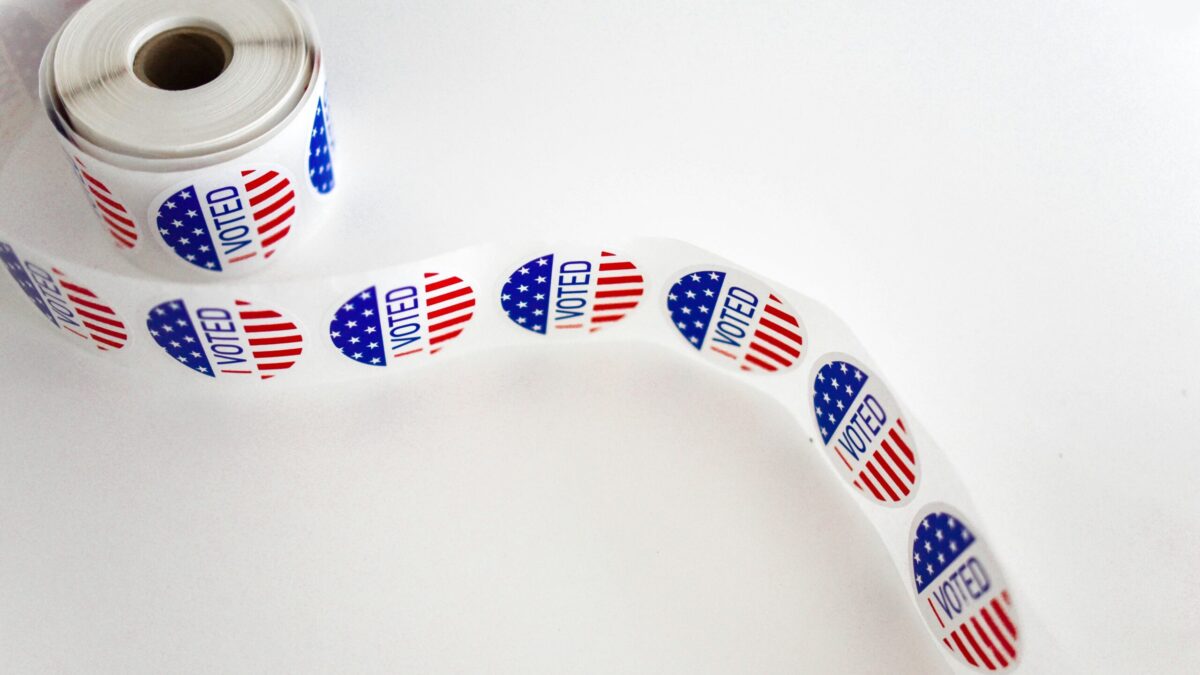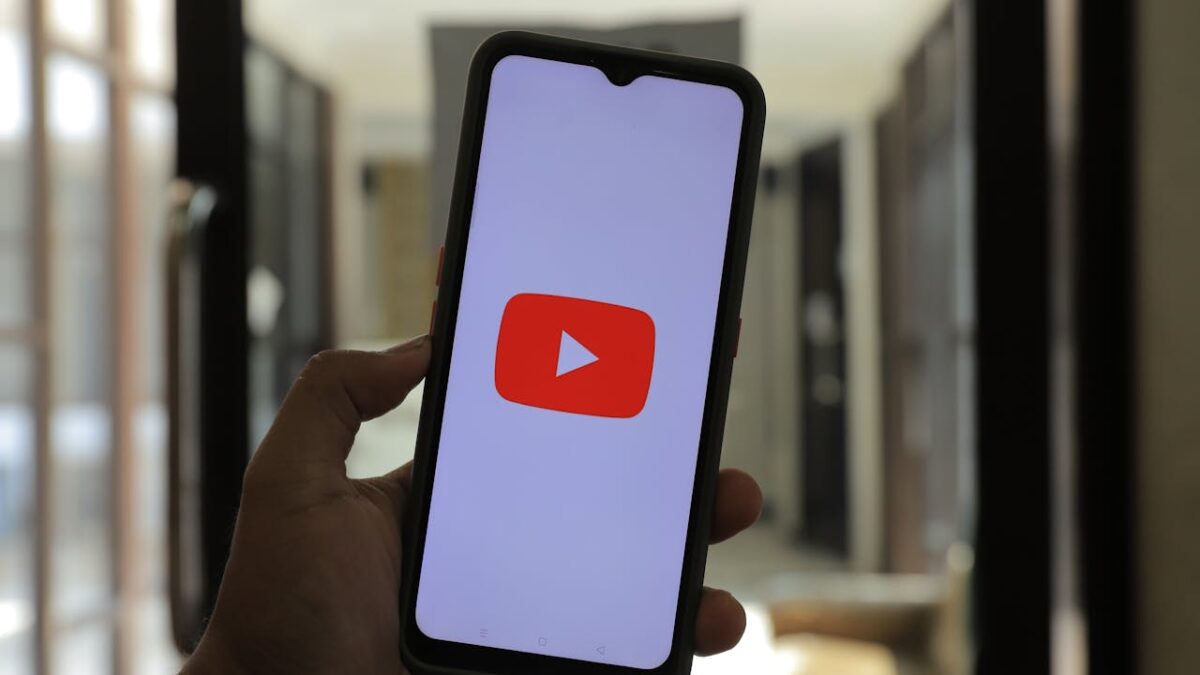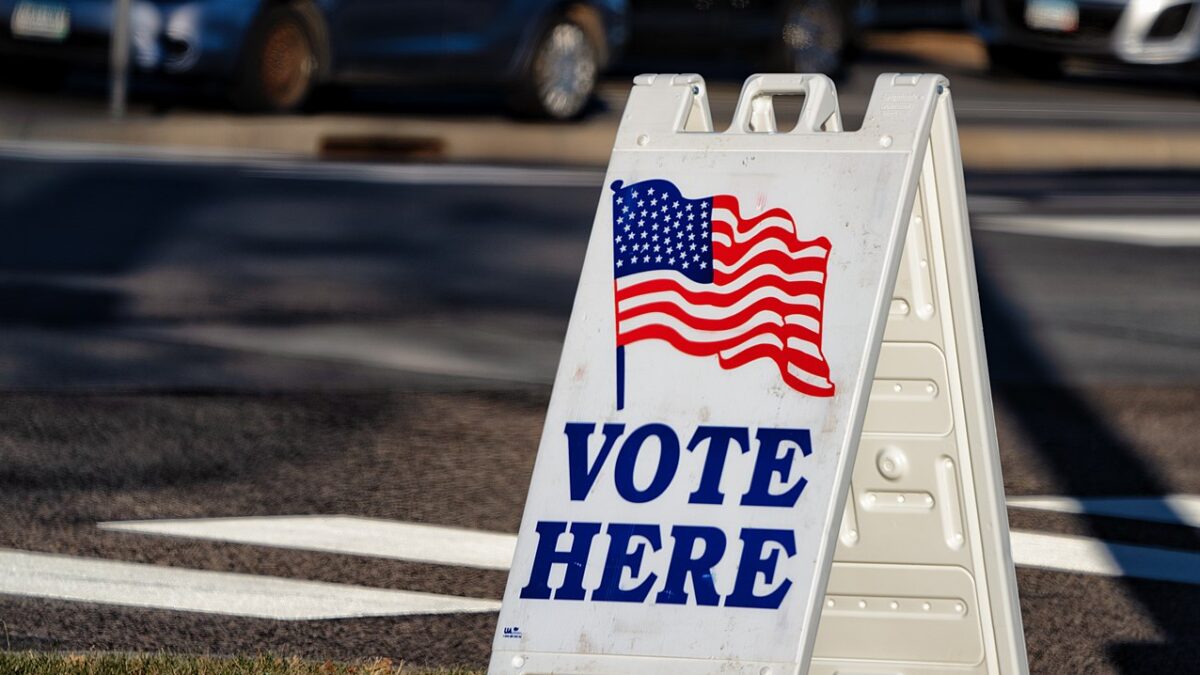
For the last few weeks, the Internet has been consumed with discussion about Dave Chappelle’s new stand-up special, “Sticks and Stones,” in which one of America’s high-priests of stand-up openly engaged—or antagonized, if you prefer—a number of minority groups and topics that demand a certain amount of delicacy he had no intention of offering.
The result has been pretty uproarious, with frequent think pieces, review-bombing and counter-bombing, and fierce debates on social media about whether he’s the greatest stand-up ever or a relic of Generation X who needs to go away. I don’t understand the sheer level of heat that “Sticks and Stones” generated. I think it’s a good special, but like his others, its (genuine) brilliance is fitful, and I found plenty of material that was off the mark and offensive even though I don’t belong to any of the groups he discusses.
Or maybe I do. I can’t remember. Criticism and mockery of straight, white, Christian males is so constant that it might as well be the hum of a refrigerator (extremely Maebe Funke voice: PITY ME!). Likewise, I don’t think Chappelle was being honest during his digression about Michael Jackson’s accusers; I think he was just trying to build a bridge to his jokes about Jackson being— you know what, I don’t care to revisit that bit more than I have to.
What I really want to talk about is Bill Burr’s new Netflix special, “Paper Tiger,” which dropped on September 10. In short: it’s a great special; old-school vulgar, consistently funny, and flush with the kind of sub-surface pathos that elevates good stand-up to great. And I’m worried that, largely because of Burr himself, no one is going to talk about it.
The Return of Get Off My Lawn
Let’s skip the bona fides. Burr is now one of stand-up’s elder statesmen, and is riding a similar wave of “get off my lawn” energy that Chappelle rides in “Sticks and Stones.” The catch, of course, is that he’s Bill Dadgumm’d Burr, which means his comments, attitude, and overall vibe are an order of magnitude more angry and aggressive than Chappelle’s. Whereas Dave comes across as frustrated and paternal in “Sticks and Stones,” Burr is pure contempt in this special.
The first 15 minutes of “Paper Tiger” are a Screed with a capital S. I don’t think Burr’s ever been this coarse or pointed. His target isn’t cancel culture, and he has no animus for what Chappelle calls “the Alphabet people,” but he goes full-bore after mainstream liberalism, and feminism in particular (an extended riff on Michelle Obama’s political ambitions is particularly graphic and mean-spirited).
I imagine you might enjoy it if you’re game to see these topics excoriated, but it doesn’t feel funny, and it doesn’t appear that Burr necessarily wants it to be. He filmed the special in London, and in these 15 minutes he uses the mic to broadcast all of his particular grievances with the United State’s recent fondness for punishing offensive jokes, the Me Too movement, and the focus on securing our mental health through social influence.
Burr is having none of it, antagonizing what he believes to be millennial frailty, social opportunism, and general left-wing spinelessness. He even reassures the London audience at one point that he knows they don’t find it funny, he’s just working himself out. It’s one of the most incendiary and spiteful openings to a comedy special I can think of, even for someone like Burr whose style is all exasperation and outrage.
None of this feels performed or put upon, though. He’s a nasty man, if you will. But then, just when it feels like Burr is taking his special straight to Hell to join the likes of the cancelled and problematic (which will probably happen anyway, but we’ll get to that), he changes course.
Then, Bill Burr’s Pivot
For the remainder of the special, nearly 50 minutes, Burr pivots and chooses to look inward. What starts out as one angry middle-aged man versus the world quickly turns into one angry middle-aged man versus the deep and diffuse personal shortcomings that made him who he is.
Burr begins by talking about his marriage, voicing annoyance with the way he and his wife sort out their problems, and moves on to his recent fatherhood; examining his upbringing, how it informs his legendary temper, and how he’s reckoning with the fact that he has to master that temper if he wants to be the father he believes his daughter deserves.
It’s genuinely dramatic stuff, but it never stops being funny. Burr walks a line between revealing anecdotes that show very real cause underneath his baggage, and making sure you know he’s a caustic bastard who doesn’t deserve too much sympathy. He will give you a reason to root for him in one sentence, then take it away in the next because he remains adamant about preserving his comedic integrity.
This creates a great dynamic throughout the show. The more Burr reveals about his childhood and his struggles to be a good person, husband, and dad, the more he reveals to have in common with the same millennial snowflakes he puts under the blowtorch in the first 15 minutes. He reveals all the things he needs: therapy, self-care, positive masculine relationships, and clear feminine guidance. He knows it, and in this subtle way he’s letting us know he knows it.
But he is also, first and foremost, a comedian, and he makes it clear that the main enabler of all these problems is that he can’t switch that off for anything. Integrity until death. “Keep walking until you die of a heart attack,” he says at one point after a gut-prodding story about giving his dog up for adoption.
Not Walking Away When He Knows He Should
The centerpiece of this dynamic comes toward the end of the special when he breaks down an argument with his wife after they watched a documentary about Elvis. He argues with her seriously at first, then manages to make it funny. Instead of walking away at that moment when he knows he should, he doubles down on trying to be funny and instead gets into even more trouble. It’s this pattern of validation and reproach that has taught him, to his acknowledged detriment, to be frugal with compassion and to withhold his emotions.
It all throws the first 15 minutes into very sharp relief. Burr probably doesn’t want to be this angry and this venomous towards society. But he can’t help it, and all he can do in the meantime is reveal how much in common he has with us before he sends his next barb through the air. This special is his way of letting us know that deep down he’s more interested in fixing himself than fixing whatever he thinks is wrong with other people, even if that topic supports his livelihood.
It’s a profound shame, and one Burr shouldn’t escape partial blame for, because, well, he wrote and performed the special. But our culture is not equipped right now to look past the first 15 minutes of “Paper Tiger.” The opening segment is all people are going to talk about, if they still have energy to talk after all this Chappelle fooferaw. Folks will try to cancel him. Others will say that what he’s doing is “brave.” None of them will actually watch the thing.
I hope things turn out different. I hope that if people decide to watch “Paper Tiger,” they commit to the whole show, and even if Burr’s words offend them on a cellular level (I wouldn’t blame you), they at least better understand why he’s driven to be so inflammatory and where his priorities really lie.
Too many comics are putting out specials where they try to diagnose and cure whatever they think is wrong with society. No one ever starts big then goes small looking inward, let alone still manages to keep it funny. We should appreciate what Burr has done here, and the signs are all but certain that we won’t. Alas, that might be the way he wants it.









